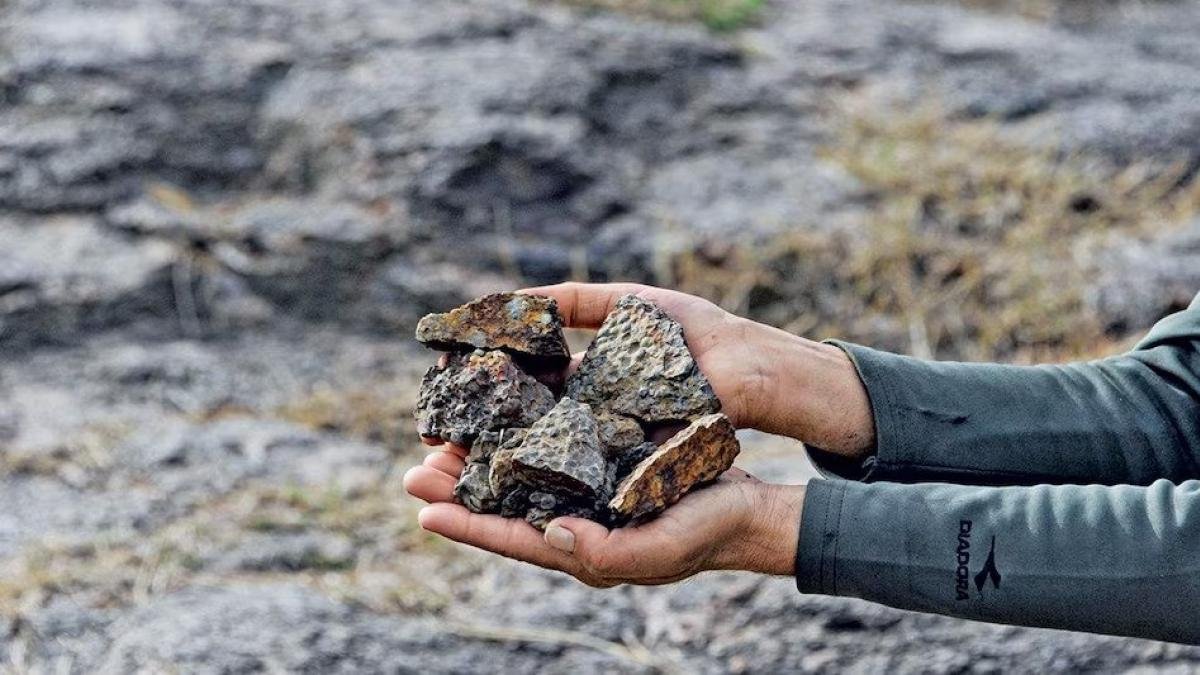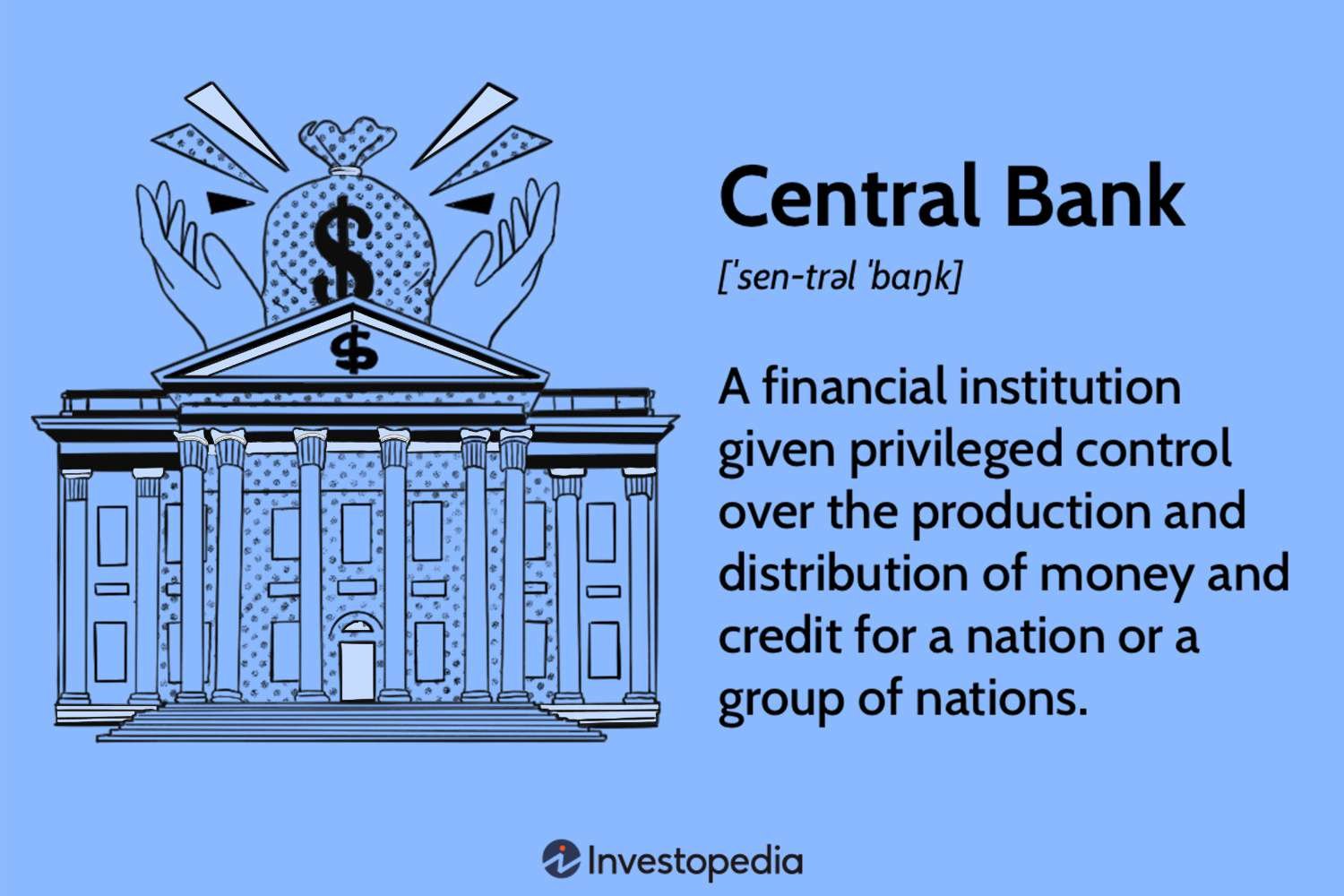India is set to auction the lithium reserves recently discovered in Occupied Kashmir in the coming weeks, according to a government source with inside knowledge of the matter, as reported by Reuters on Monday.
In February, India unveiled its first lithium deposits in the occupied region, estimated to contain approximately 5.9 million tonnes of the critical raw material essential for electric vehicle (EV) battery production. The move underscores India’s efforts to secure a stable supply of lithium.
“The auction will take place shortly, and several international mining companies have expressed interest,” the source stated, preferring to remain anonymous due to the sensitive nature of the discussions.
As of the time of the report, the federal mines ministry had not responded to a Reuters email requesting comments on the matter.
Additionally, the source disclosed that KABIL, a state-owned joint venture established to seek mineral resources abroad, was in the final stages of securing several lithium blocks in Argentina. Discussions were also underway with the Chilean government to secure lithium blocks, although these talks remained in their early stages.
KABIL, abbreviated for Khanij Bidesh India Ltd, was established in August 2019 with the mission of identifying, acquiring, developing, and processing strategic minerals from overseas sources for India’s use.
India, one of the world’s top greenhouse gas emitters, has been actively pursuing international agreements to secure crucial minerals from resource-rich countries like Australia, Argentina, and Chile.
In August, the Indian parliament passed a law permitting the government to auction and mine its newly discovered reserves of lithium, among other minerals, thus boosting the production of this critical raw material for EV batteries.
The legislation removed lithium, along with other minerals, from the list of atomic minerals, thereby enabling its auction and mining by private companies.
The government statement explained, “Upon removal of these minerals from the list of atomic minerals, exploration and mining of these minerals will be open to the private sector.”
As a result, it is expected that exploration and mining of these minerals will witness significant growth in the country. The list of minerals now open for mining and auction includes titanium, beryl, niobium, and zirconium.
Previously, these minerals could only be mined by state-run companies, which often resulted in limited production. The involvement of private companies is expected to act as a “force multiplier,” according to the government statement.
The statement emphasized the need to intensify exploration and production of these minerals to meet the country’s growing demands, especially in the context of its expanding electric vehicle industry and green energy initiatives.



